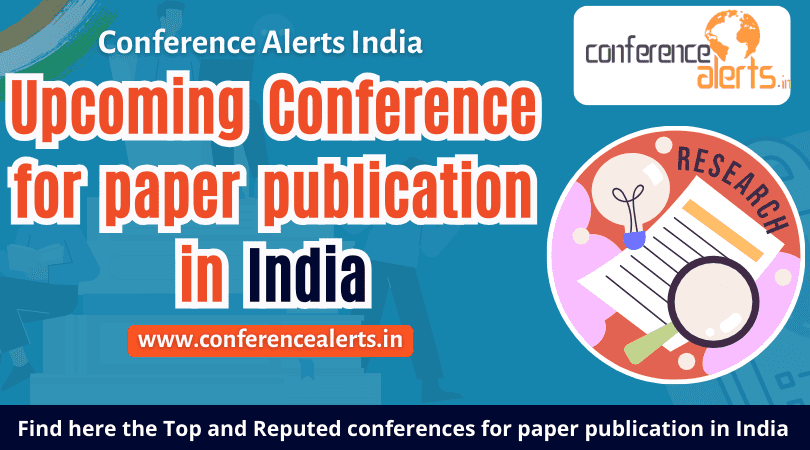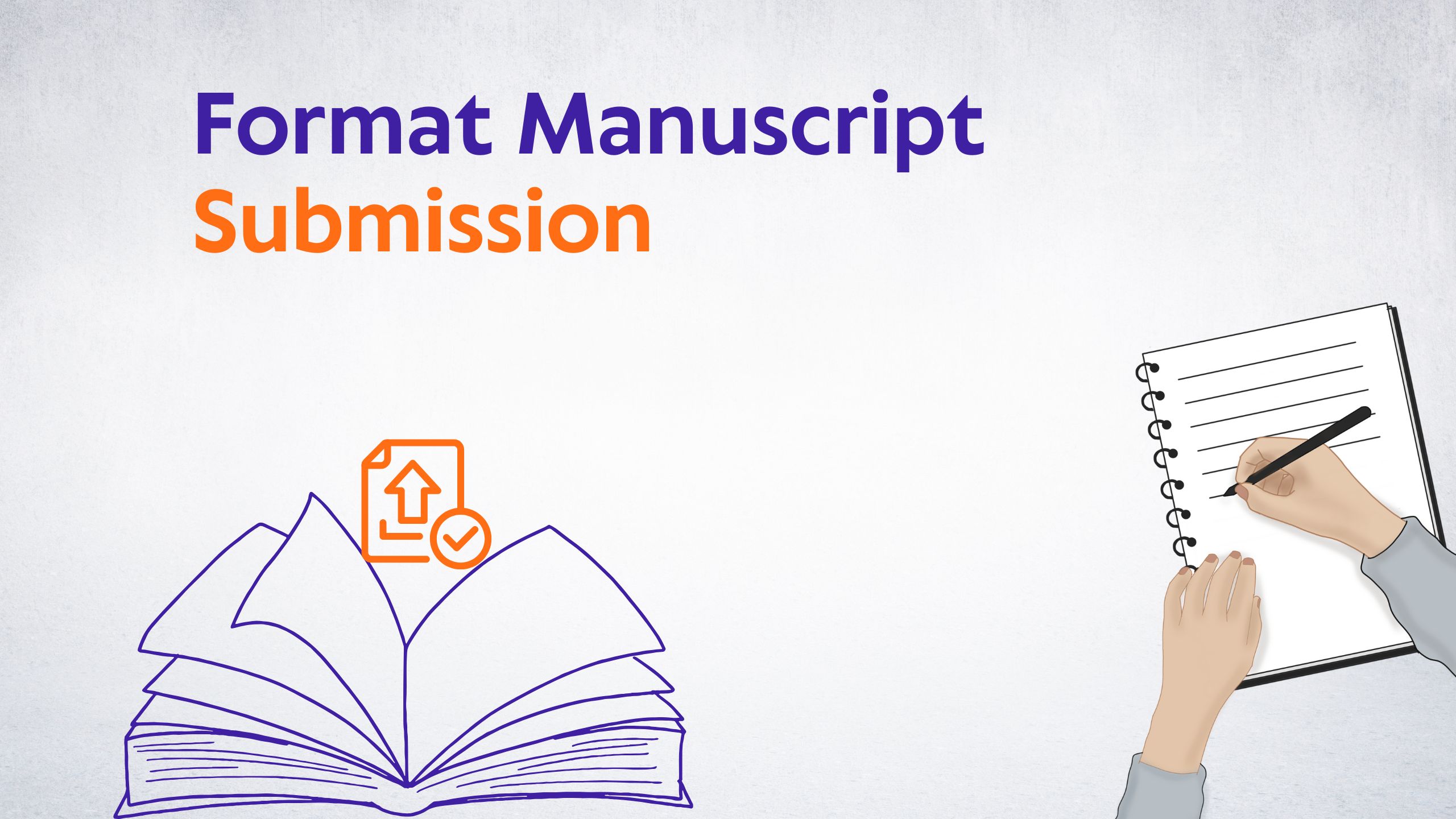In academic research and higher education, publishing is a critical step for building a professional career. Call for Papers (CFP) invites researchers, academicians, and students to submit their work to journals or conferences for potential publication, detailing themes, deadlines, and guidelines.
Currently, prestigious journals across disciplines are accepting submissions for Scopus-indexed, UGC CARE-listed, and peer-reviewed publications. This guide outlines the submission process, benefits, journal types, tips, and common pitfalls to avoid, written clearly for all levels of researchers.
What Does “Call for Papers” Mean?
Call for Papers (CFP) is a formal invitation from journal editors or conference organizers for authors to submit research articles, reviews, case studies, or technical notes. It typically includes:
- Theme or focus areas
- Target audience
- Submission guidelines (word limits, referencing style, etc.)
- Deadlines
- Peer-review process details
An “Open Now” call indicates active acceptance of manuscripts for review.
Importance of Responding to a Call for Papers
Publishing through a CFP offers:
- Academic Recognition: Establishes credibility and visibility for your ideas.
- Career Advancement: Enhances job, promotion, or fellowship prospects.
- Networking Opportunities: Attracts collaboration and conference invitations.
- Funding and Grants: Increases appeal to funding agencies.
- Knowledge Sharing: Allows global access and citations of your work.
Categories of Journals Currently Accepting Papers
1. Scopus-Indexed Journals
Scopus is a globally respected database for peer-reviewed literature, known for quality and credibility.
Why Publish?
- International visibility
- Enhanced research profile
- High citation potential
- Recognized by universities and institutions
Subjects Covered:
- Engineering and Technology
- Medical and Life Sciences
- Social Sciences
- Business and Management
- Computer Science
- Environmental Studies
- Law and Public Policy
2. UGC CARE-Listed Journals
The UGC CARE List (India) includes credible national and international journals.
Why Publish?
- Essential for Indian academic evaluations and promotions
- Recognized for PhD/MPhil thesis work
- Supports regional and domain-specific research
Popular Fields:
- Commerce and Economics
- Humanities and Arts
- Language and Literature
- Education and Teacher Training
- Rural and Agricultural Studies
3. Peer-Reviewed International Journals
These journals undergo rigorous, often double-blind, expert review.
Why Choose?
- High credibility
- Transparent review process
- Interdisciplinary opportunities
- Global academic recognition
How to Submit Your Research Paper
Follow these steps for a successful submission:
- Choose the Right Journal: Align with your research area; verify legitimacy (Scopus, UGC CARE, etc.).
- Read Submission Guidelines: Note word count, abstract, referencing style, file formats, and policies.
- Prepare Your Manuscript:
- Title: Clear and concise
- Abstract: Summarize key points
- Keywords: Relevant terms
- Introduction: Context and objectives
- Literature Review: Existing research
- Methodology: Research approach
- Results and Discussion: Findings and analysis
- Conclusion: Key takeaways
- References: Properly formatted
- Review and Edit: Check grammar, formatting, clarity, and plagiarism.
- Submission: Use the journal’s online portal or email; create an account if required.
- Peer Review: Experts evaluate; expect acceptance, rejection, or revision requests.
- Final Acceptance: Complete revisions; receive acceptance and publication details.
Tips for Writing a Successful Research Paper
- Select a unique, relevant topic.
- Support claims with valid references.
- Use clear, simple language for complex ideas.
- Avoid plagiarism (use tools to check similarity).
- Follow the journal’s formatting style.
- Include visuals (charts, graphs, tables) where relevant.
- Craft a strong, informative conclusion.
Mistakes to Avoid During Submission
| Mistake | Consequence |
|---|---|
| Submitting to the wrong journal | Rejection |
| Ignoring formatting rules | Delays |
| Copy-pasting from the internet | Plagiarism issues |
| Late submission | Missed opportunity |
| Weak abstract | Poor first impression |
| Incomplete references | Credibility loss |
Benefits of Publishing in Open Calls
- Timely editorial responses
- Access to special/themed issues
- Opportunities for conference-linked publications
- Faster visibility and impact
Examples of Open Journal Calls by Discipline
Education:
- Digital Education and Learning Tools
- Inclusive Education
- Teacher Training Programs
Computer Science:
- Artificial Intelligence and Machine Learning
- Data Mining and Cyber Security
- Blockchain Technology
Business and Management:
- Corporate Social Responsibility
- Financial Markets and Risk Management
- Entrepreneurship and Innovation
Environmental Studies:
- Climate Change and Sustainability
- Natural Resource Management
- Waste Management and Recycling
Health and Medicine:
- Public Health Policy
- Infectious Diseases and Vaccine Studies
- Mental Health Awareness
How to Track Your Submission?
- Expect an acknowledgment email with a tracking ID.
- Monitor progress via the journal’s portal.
- Contact the editorial team only if delays exceed standard review times.
Peer Review Process – Behind the Scenes
- Initial Screening: Editor checks scope and quality.
- Peer Review Assignment: Paper sent to subject experts.
- Reviewer Feedback: Comments/suggestions shared.
- Revisions: Author modifies and resubmits.
- Final Decision: Acceptance or rejection communicated.
- Proofreading and Formatting: Final edits before publication.
What Happens After Acceptance?
- Pay publication fees (if applicable).
- Paper assigned to a volume/issue.
- DOI (Digital Object Identifier) generated.
- Paper published on the journal’s website.
With open calls for Scopus, UGC CARE, and peer-reviewed journals, now is the perfect time to publish. Beyond certificates or resume updates, publishing contributes meaningfully to your field. Whether a student or seasoned researcher, your work has the potential to make an impact.
FAQs
What is a Call for Papers (CFP)?
A Call for Papers is an open invitation by journals or conferences for researchers, scholars, and authors to submit their original work for publication or presentation.
How do I find Scopus-indexed journals with open CFPs?
You can find open CFPs for Scopus-indexed journals through official publisher websites like Elsevier, Springer, or directories such as Scopus.com and Scimagojr.com.
What is the difference between UGC and Scopus journals?
UGC journals are approved by the University Grants Commission (India), while Scopus journals are globally indexed in Elsevier’s Scopus database for academic research and citation tracking.
Are UGC CARE and Scopus journals the same?
No, UGC CARE journals are recognized by the Indian academic system, while Scopus journals are internationally indexed with broader academic reach and higher citation metrics.
How do I know if a journal is peer-reviewed?
Check the journal’s official website for information about its peer-review process, editorial board, and indexing. Reputable journals clearly mention this under “About the Journal.”
Is there a deadline for submitting papers to Scopus and UGC journals?
Yes, each journal has its own deadline for submission. Always refer to the specific journal’s call for papers page or current issue schedule.
Can students submit papers to these journals?
Yes, undergraduate, postgraduate, and PhD students can submit papers, but the research must be original, well-written, and follow academic ethics.
What are the benefits of publishing in a peer-reviewed journal?
Publishing in a peer-reviewed journal increases academic credibility, enhances career prospects, and allows your work to be cited by other researchers worldwide.
Do Scopus and UGC journals charge a publication fee?
Some journals charge an Article Processing Charge (APC), while others are free. Always check the submission guidelines on the official website to avoid predatory journals.
How can I avoid fake or predatory journals?
Verify the journal’s indexing status on official sites like Scopus.com or the UGC CARE list. Avoid journals that guarantee fast publication without peer review.
What topics can I submit for the Call for Papers?
Topics vary by journal but often include engineering, technology, social sciences, education, medical science, business, and humanities.
Do I need to format my paper before submission?
Yes, each journal has specific formatting and citation styles (APA, MLA, IEEE, etc.) that authors must follow before submitting their manuscript.
How long does it take to get published in a Scopus or UGC journal?
The time varies from 1 to 6 months depending on the peer-review process, revisions, and editorial review of the journal.
Can I submit my paper to more than one journal at the same time?
No, simultaneous submission is considered unethical. Wait for a decision from one journal before submitting to another.
Where can I get help with writing and submitting my paper?
You can seek help from your academic mentor, writing centers, journal submission services, or attend workshops on academic publishing.




